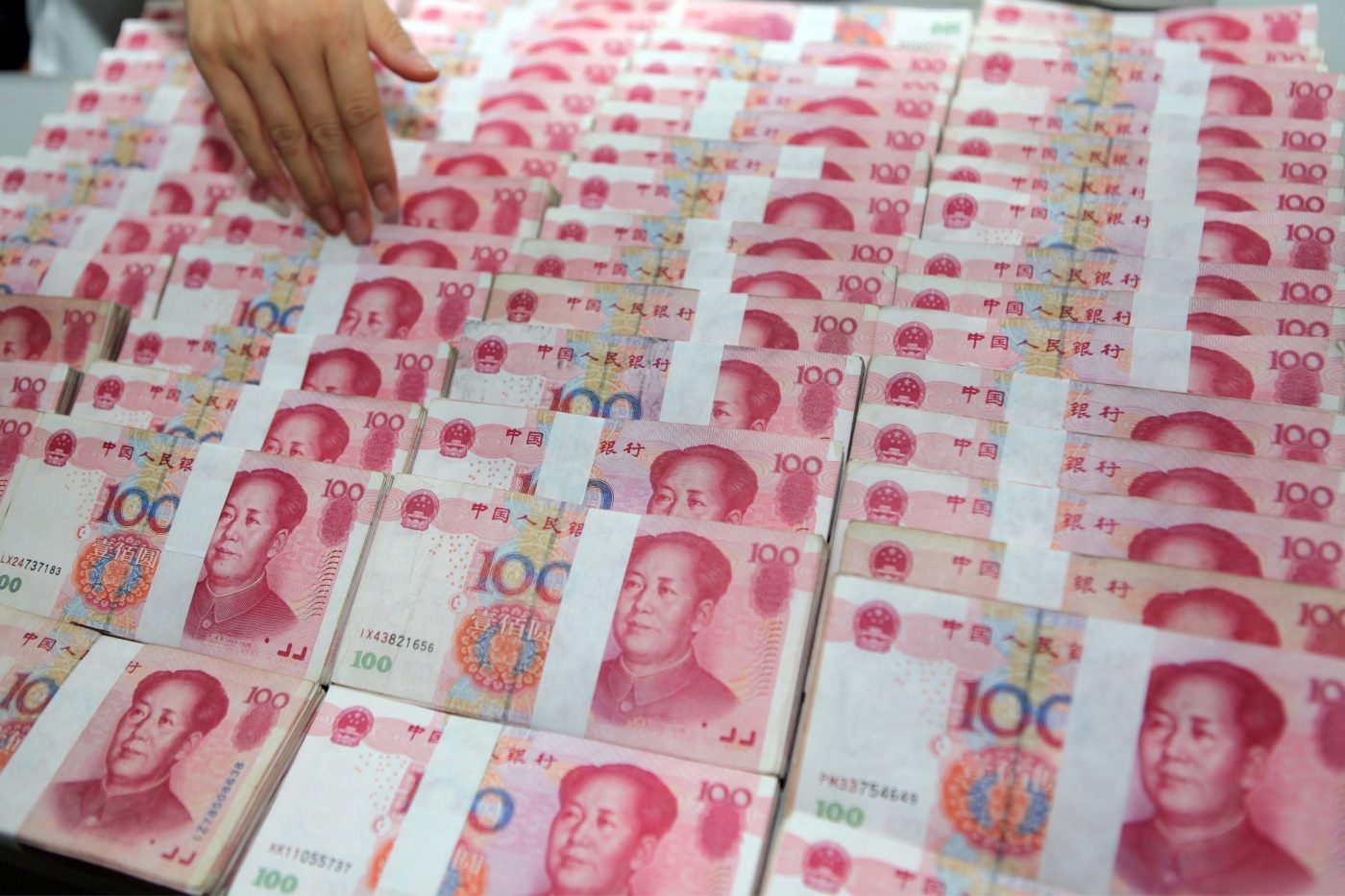
- 15 Mar 2018
[Transsystemic Law] Rise of the Renminbi – Systemic Risks and Global Impacts
(This event was organised by MEI’s Transsystemic Law Research Cluster, as part of its monthly internal seminar series.)
Attendance was open to the NUS community only – those interested who were not from NUS could email meievent@nus.edu.sg.
Abstract
The internationalization of the Renminbi (RMB), together with the One Belt One Road initiative, will be a game changer to the world of finance, global regulatory regimes, and legal practices. Making the RMB an international reserve currency nonetheless appears to be a daunting task as it depends on regulatory configurations, inter-governmental collaboration and global political economy. During the process, for example, China has experienced unprecedented economic turbulence at home while the RMB was rising higher on its global ranking. Against this backdrop, the speaker aimed to discuss how we can explain the contrasting developments at home and at the global stage and what implications we can draw for financial regulations considering the potential impacts on the global political economy.
About the Speakers

NUS Faculty of Law
Weitseng Chen specializes in comparative Asian law with an emphasis on property law and financial institutions in East Asia—particularly the greater China area. He received his JSD from Yale Law School where he was a Fulbright scholar. Thereafter, he worked for Stanford University as a Hewlett Fellow of the Center on Democracy, Development and the Rule of Law (CDDRL), conducting research on transitional economies and rule of law reforms. Immediately before he entered academia and joined NUS Faculty of Law, Weitseng Chen worked as a corporate lawyer at Davis Polk & Wardwell LLP. He specialized in cross-border transactions and represented top-tier investment banks and multinational companies in capital markets deals in the greater China area and Southeast Asia.
Weitseng’s recent research focuses on property rights transition in greater China, China-Taiwan comparisons in terms of law and economic development, and China’s interaction with global capital markets such as RMB internationalization. His recent book projects include “The Beijing Consensus? How China has changed the western ideas of law and economic development” (Cambridge University Press, 2017), which examines the China Model of law and development in various areas of law, and “Authoritarian Legality in Asia”, which discusses legality and legitimacy based on comparative studies of China, S. Korea, Taiwan, Singapore, Hong Kong, Vietnam, and Japan. Weitseng has held visiting academic appointments at Harvard Law School, Melbourne Law School, University of Washington School of Law, Academia Sinica Institutum Iurisprudentiae, FGV DIREITO SP Law School (Brazil), and National Taiwan University College of Law. He is currently the Deputy Director of NUS Centre of Asian Legal Studies.



